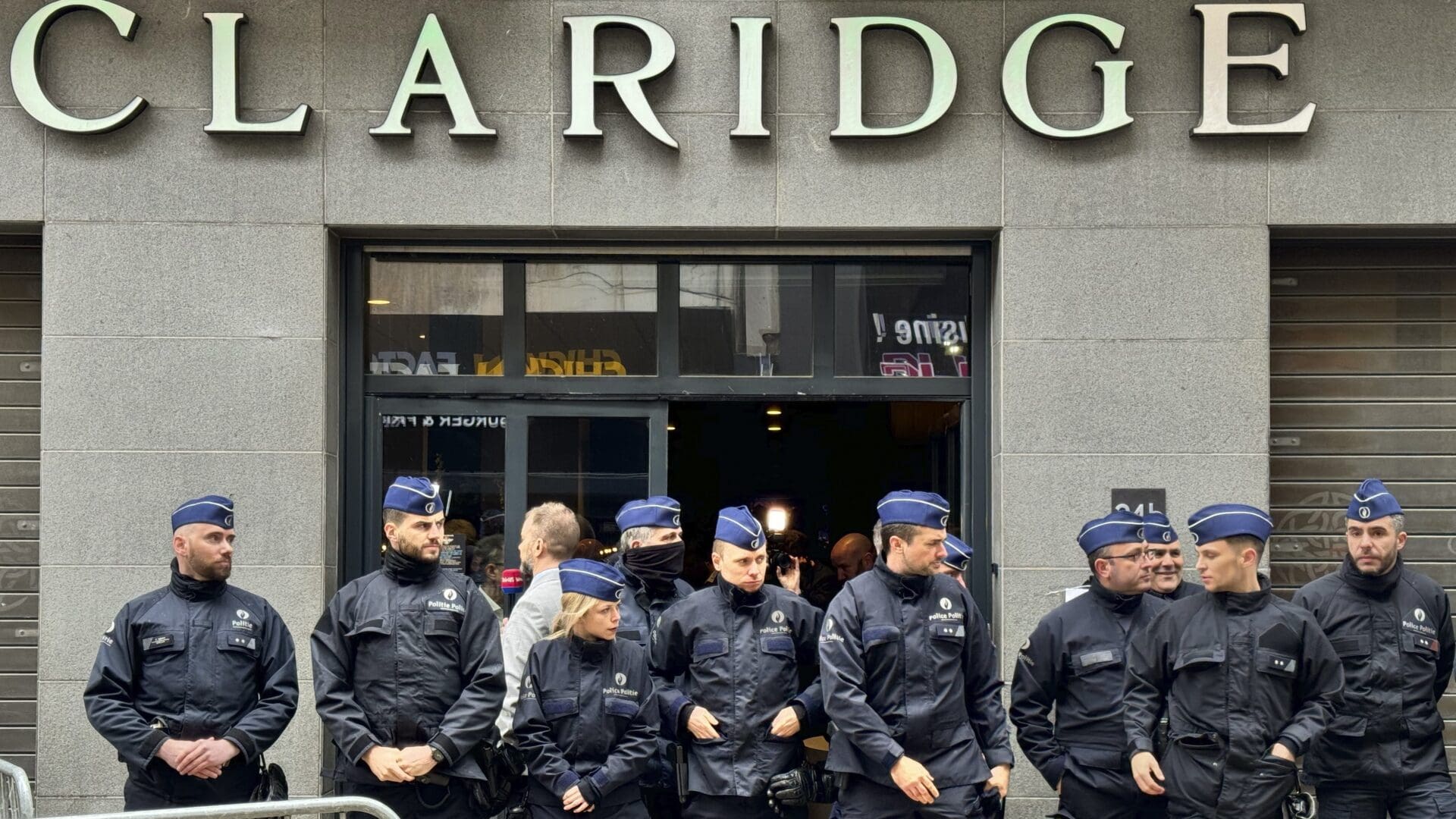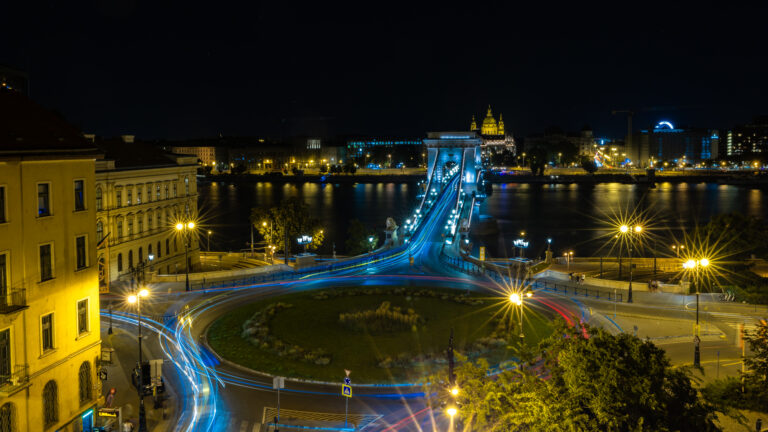News broke on Tuesday morning that the Brussels police attempted to shut down the National Conservativism conference in the Belgian capital, which is attended by such stars of the European right as Nigel Farage, Éric Zemmour and Viktor Orbán. The authorities wanted to close the event on the grounds that in the light of expected counter-demonstrations, public order could not have been guaranteed.
I suggest that we go through the obligatory hoops right from the start. ‘This is the fabled Brussels democracy.’ ‘Dictatorship has broken out in Belgium, and yet they are still talking about the rule of law in Hungary.’ ‘Free speech is banned in the capital of the European Union.’ ‘The Belgians have restored the calendar to 1984.’ ‘Brave new world.’ ‘This is the future the left wants,’ and so on.
As a fledgling journalist, I had the opportunity to attend some similar events, some of those in the beautiful capital of Belgium. Without going into details, I would like to point out that these are not usually the kind of gigs where inflammatory speeches are made, after which the excited participants erect barricades on the Rue de la Loi and later take over the Berlyamont building and publicly behead all the faceless Brussels bureaucrats we hear so much about in the news. Not quite. Such gatherings tend to be about quiet networking, and most of them are so uninspiring that participants may only remember that they ever attended them by accidentally looking at the notebooks and tote bags they were given there as a present.
The Brussels city authorities, with the help of the police, have been working for days to sabotage this event.
They fear that a British B-list politician—although with an inimitable and entertaining style—, a fallen Polish prime minister, a French thinker with strange political ambitions, and the head of government of far-away Hungary are capable of arousing such a fury among the people of Brussels that the police can no longer maintain law and order.
This is a very self-critical statement from the police and politicians, and it is a fact that the preservation of law and order is paramount—although anyone who has been on the streets of Brussels city centre after dark knows that ‘law and order’ is roughly as common there as the vegetarian lifestyle among great white sharks. Of course, great white sharks are mistaken by most people for cold-blooded, man-eating killers, but there are perhaps a dozen or so fatal shark attacks a year. There has been only one National Conservativism conference in 2024, but it is causing visible panic in the Brussels law enforcement agencies: is it possible that Belgium is mistaken by the majority of people as a stable, functioning state?
In the above, I have, of course, assumed that the police were telling the truth and that they really wanted to close the event for fear of riots, and not, say, because of pressure from the left-wing leadership of the Belgian capital. Either way, the two motives have the same root cause:
a hypersensitivity that is perhaps more than anything else a threat to modern Western democracies.
Whatever political scientists may theorize about the democratic socialisation of people, the fact is that a very large proportion of citizens, even in the most democratic countries in the world, cannot accept that others may have different opinions (or looks or sexual preferences, etc) from their own. This is not because people are idiots, it is because people are people, that is their character. States were once invented, among other things, to prevent people with radically different world views from engaging in vigilante violence, and we have now reached the point where most states in the world feel at least a declared responsibility to provide citizens with some basic rights, such as the freedom to gather somewhere to talk to each other and, as Politico’s in-depth report has shown, to eat salmon. Even if it upsets the far left, for example.
The lessons of human history suggest that the future is rarely bright and happy where the state is unable, or worse, unwilling, to contain the hypersensitivity of certain political camps. The precedent of the terrible terrorist attacks in Brussels or the common immigrant riots show that Belgium has already lost the battle against the hypersensitivity of radical Islam. It does not seem to want to take a firmer stand against the left either.
It is fortunate for the Brussels city administration and police that, although it is an election year across Europe, events such as the National Conservativism conference usually have limited social penetration potential, even if this action has managed to provide further ammunition to the European right, which is constantly whining about silencing and cancel culture anyways. Thanks to this, National Conservativism 2024 will long be remembered—and not just for the tote bags.
The views expressed by our guest authors are theirs and do not necessarily represent the views of Hungarian Conservative.








